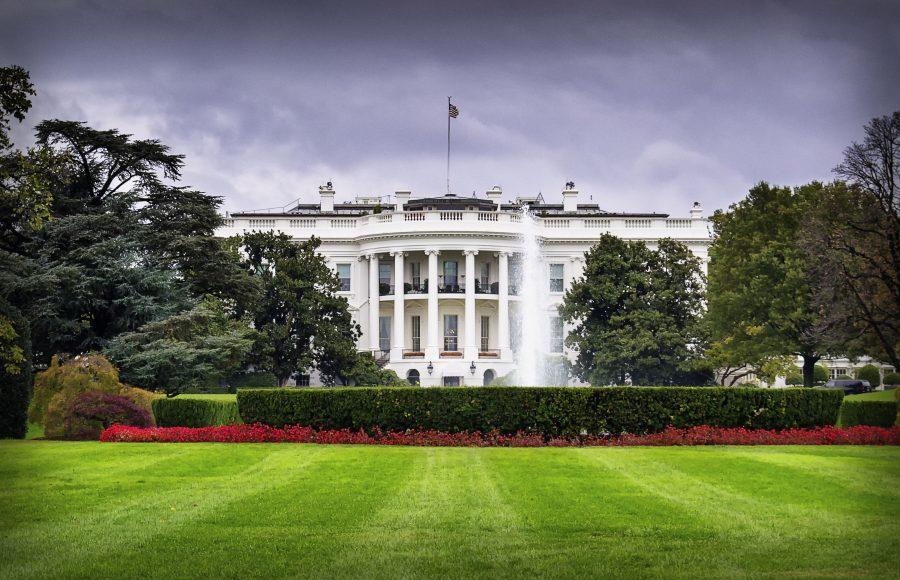As predicted, Donald Trump won yet another Republican caucus this week, earning 32.5 percent of the vote in South Carolina on Saturday, Feb. 20. Trump easily raked in this victory over his two main competitors, Florida Sen. Marco Rubio and Texas Sen. Ted Cruz, who got 22.5 percent and 22.3 percent of votes, respectively. This is now Trump’s second win in the first three of the GOP events, which seems to show that the business mogul is here to stay, even after his tousle with Pope Francis last week. After Saturday’s results were released, Trump’s main heckler Jeb Bush dropped out of the race, ending an era for the Bush family.
On Sunday, Trump and other presidential hopefuls participated in CNN’s “State of the Union” where he predicted he would face Hilary Clinton for the presidency, stating the only way she would loose to Bernie Sanders was if she was indicted. Trump continued with his predictions by confidently saying he’ll be the clear victor in states like New York and Michigan, areas that are known for their democrats and are therefore not usually as big of a focus for Republican candidates. Lastly, Trump stated “I’m going to do great with African-Americans,” but with little reasoning as to why he will be successful with this group of voters.
Saturday’s caucus proved to be a disappointment for conservative Cruz, who should have performed better in such a religious and evangelical state. Instead, Cruz seemed to only discuss the other candidates and not his own lackluster performance, especially focusing on the fact that Trump’s lead lessened throughout the week and that his win should’ve been more substantial.
But the facts can’t be ignored; about 65 percent of registered Republicans are Evangelical Christians, and one third of them voted for Trump, which was more than for any other candidate. It was also found that three quarters of primary South Carolina voters support Trump’s idea to block Muslims from entering the country, which seems to be an interesting fact, as evangelicals tend to speak out the loudest against discrimination based on religious identity.
To add to the Texas senator’s issues, Cruz asked his communications director Rick Tyler to resign after he distributed and promoted a video that shared false information that stated competitor Marco Rubio “dismissed” the Bible. Rubio may have just edged out Cruz in South Carolina, but he continues to gain supporters and endorsements from the likes of former Sen. Bob Dole, former Minnesota Gov. Tim Pawlenty and Arkansas Gov. Asa Hutchinson and other members of the House. Rubio’s main message to voters is essentially that he is their best bet to beat out whoever the Democrat nominee may be.
On Tuesday, Feb. 23 Trump won big once again in Nevada, earning an impressive 45.9% of the vote ahead of Marco Rubio and Ted Cruz. This was yet another record turnout for the Republican caucuses, with over 75,000 voters participating as opposed to the 33,000 that showed up in 2012.
On the Democrat side, Hilary Clinton edged out Bernie Sanders in Nevada, an essential win for the Secretary of State who was shaken after a landslide loss in New Hampshire. Clinton faired best amongst those who are college-educated, 45 and older, and have incomes over $100,000 as she has in the past. She also continues to beat out Sanders with the black vote, which will be critical when the two meet up again Feb. 27 in South Carolina.
One surprise in Nevada was Sander’s ability to edge out his competition and narrowly win over the Latino vote, but it remains to be seen if this trend will continue. While voter turnout has been steadily rising for the GOP, attendance dropped once again in the Democrat caucus in Nevada, which is a trend to watch as “Super Tuesday” approaches March 1.










































































































